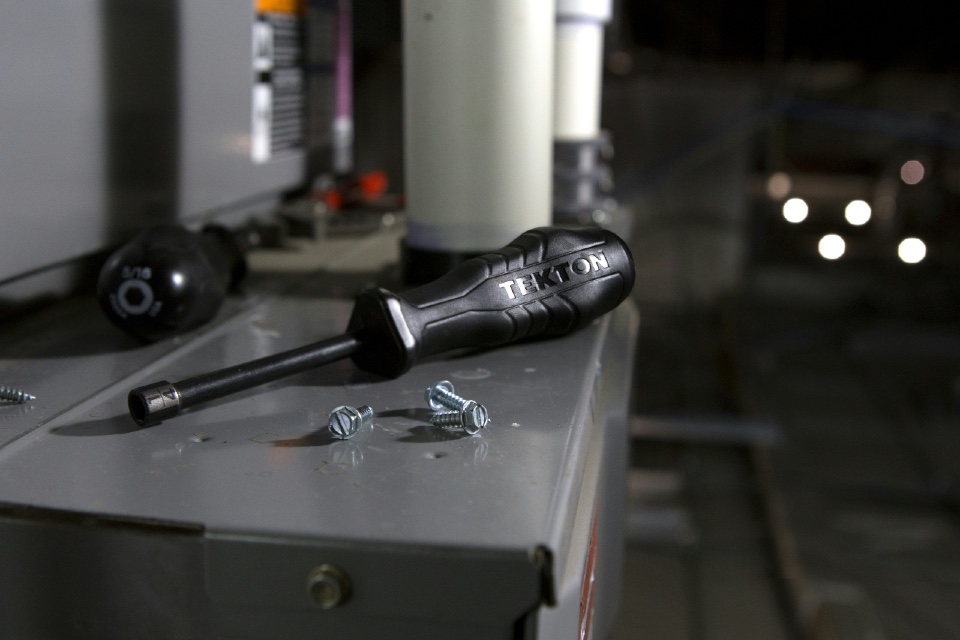The integration of smart technologies such as the Internet of Things (IoT), Computer-Aided Facilities Management (CAFM) systems, and Artificial Intelligence (AI) is reshaping how Total FM contracts are delivered, measured, and evolved. This shift is enabling facilities leaders to move from reactive, manual service models to predictive, automated, and data-led operations, unlocking new levels of efficiency, compliance, and customer satisfaction. Here’s how delegates at the FM Forum are harnessing these approaches…
From Reactive to Predictive Maintenance
IoT sensors are increasingly being embedded across estates – from HVAC systems and lighting networks to plumbing and security infrastructure. These connected devices monitor real-time performance and environmental data, such as temperature, vibration, humidity, and occupancy.
✔ Predictive maintenance capabilities allow facilities teams to anticipate faults before they occur, reducing costly downtime and extending asset lifespan.
✔ Alerts can be configured to automatically trigger work orders or escalate critical issues—saving time and preventing service disruption.
For organisations managing large, multi-site portfolios, IoT enables greater visibility and consistency across the board.
The Role of CAFM in Total FM Integration
CAFM platforms continue to serve as the digital backbone of many Total FM contracts. These systems provide a centralised hub for:
- Scheduling planned and reactive maintenance
- Managing assets and lifecycle costs
- Tracking compliance, audits, and documentation
- Reporting on KPIs and contract performance
In 2025, modern CAFM systems are increasingly cloud-based and mobile-enabled, making it easier for teams to access real-time data on the go, allocate resources more effectively, and share updates with clients.
AI and Automation for Data-Driven Decision-Making
The integration of AI is taking Total FM to the next level. By analysing data gathered through IoT sensors and CAFM platforms, AI tools can:
✔ Optimise energy usage based on occupancy patterns
✔ Recommend cost-saving interventions and maintenance schedules
✔ Identify inefficiencies in resource allocation or contractor performance
✔ Forecast service demand and budget needs across the year
Automation is also helping to streamline routine workflows—such as invoice processing, helpdesk ticketing, and performance reporting—freeing up staff to focus on more strategic priorities.
As Total FM evolves, so too must the technologies that support it. In 2025, leading FM providers are delivering smarter, more responsive services by embedding IoT, CAFM, and AI into every aspect of facilities operations. For clients, this means more proactive service, better value, and a data-driven foundation for continuous improvement. For the FM sector, it marks the future of fully connected, intelligent estate management.
Are you searching for Total FM solutions for your organisation? The facilities Management Forum can help!






